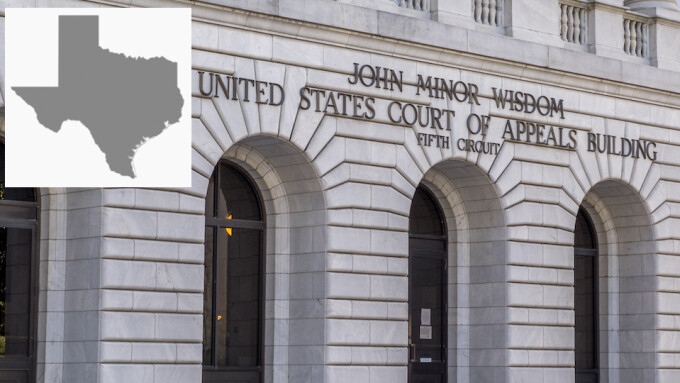AUSTIN — A three-judge appeals panel ruled today that an extremely controversial new Texas law making online platforms liable for “viewpoint discrimination” can go into effect immediately.
The Fifth Circuit appeals panel, with jurisdiction over Texas, stayed a previous district court injunction that had put enforcement of Republican-masterminded state legislation HB 20 on hold.
The decision was communicated this afternoon without any explanation as to the court’s reasoning and with two of the judges remaining anonymous.
During a hearing on Monday, “the jurists appeared to struggle with basic tech concepts, including whether Twitter counts as a website,” tech news site Protocol reported today.
The decision is “a win for conservative critics of the current interpretation of tech law, which underlies the operations of social media platforms such as Twitter and Facebook,” Protocol continued. “Two tech trade groups that count the Big Tech companies as members had sued Texas over the law.”
Issues of content moderation, Section 230 immunity and free speech have raised the level of concern about laws such as Texas’ HB 20, as well as a similar Florida bill seeking to “punish private companies for their views and treatment of content” when such treatment is alleged to violate the First Amendment, Protocol reported.
The new law opens the way for lawsuits against online platforms accused of "viewpoint discrimination," an ill-defined term with dubious legal standing. It is mostly used by conservatives and the U.S. right wing, who claim they are being censored on social media — though some of the same politicians and right-wing activists advocating against what they call "corporate" censorship also demand a return to state-driven censorship of sexual expression via obscenity prosecutions, and consider LGBTQ+ content to be "pornography."
“Despite no prior history of courts and lawmakers treating social media as ‘common carriers’ the way phone companies are, and the clear Supreme Court precedent arguing against government interference with internet content, some conservatives have increasingly argued for treating platforms that host user-generated content similarly,” Protocol observed.







